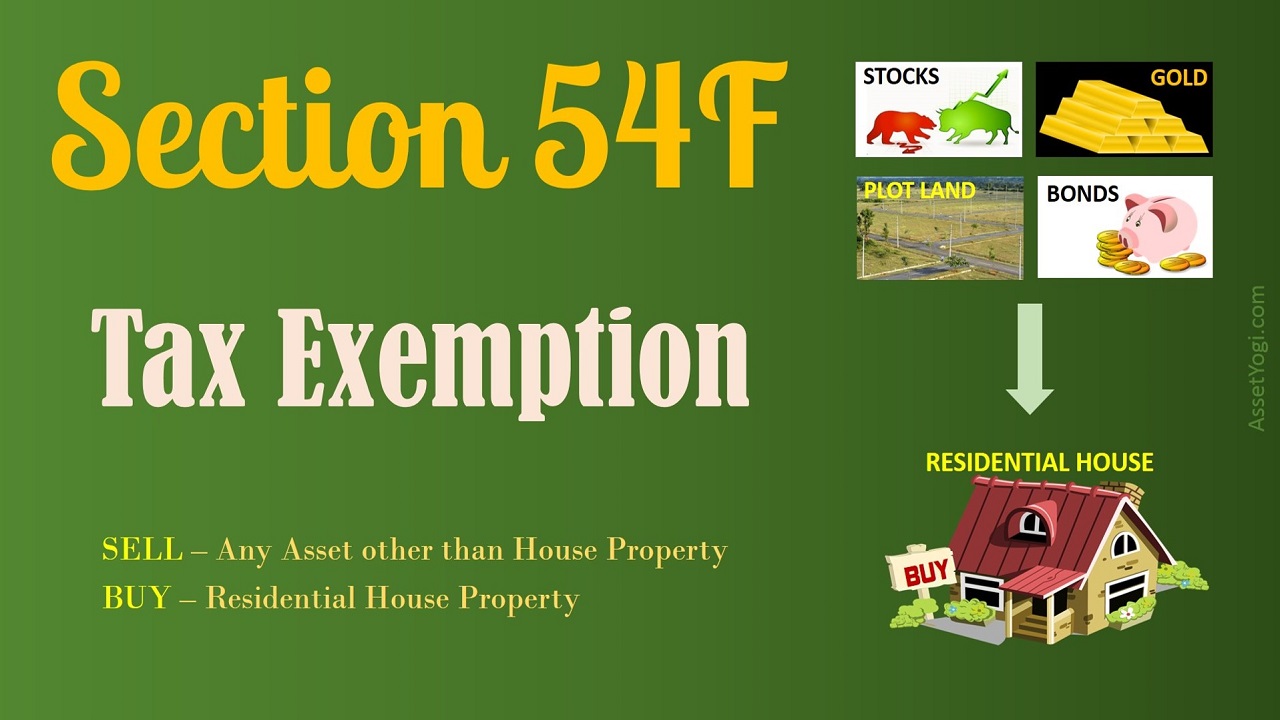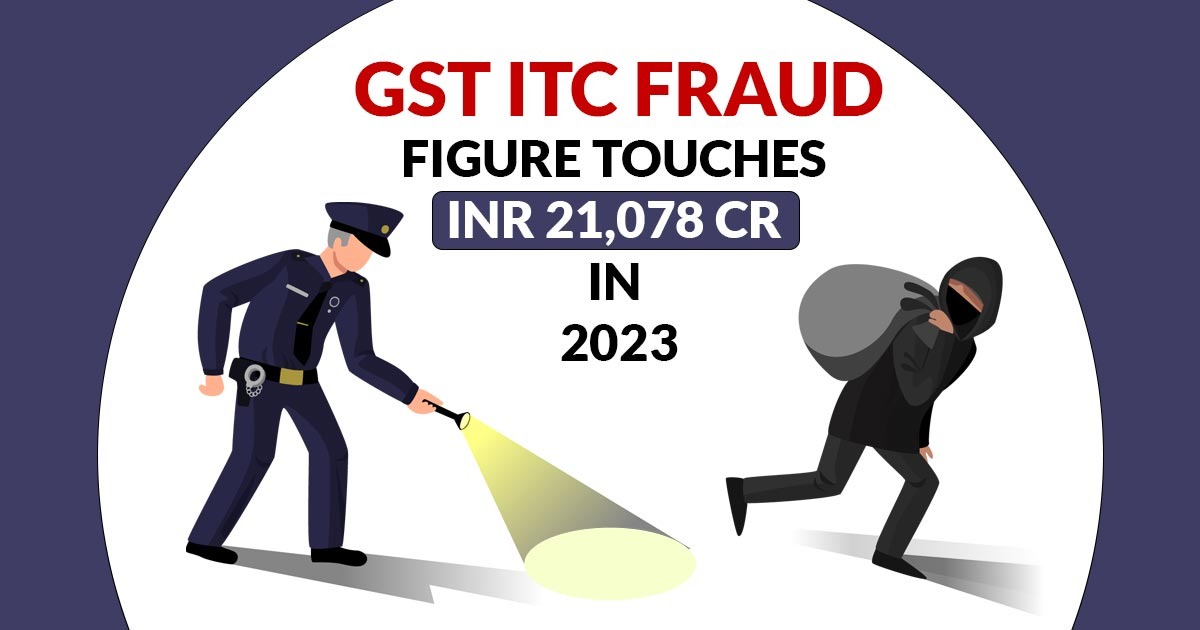@JUDGMENTTAG-ORDER
Barin Ghosh, J.@mdashHeard both the parties. Petitioner is an Executive Engineer. He is to superannuate on 30th June, 2009. In a Criminal case launched at the instance of the State, the petitioner has been made as one of the accused persons. That case is still pending and the State has not applied to the Court to discharge the petitioner from the said case. In the said case the State has contended that the petitioner in collusion with other accused persons squandered money belonging to the public.
2. This case having been filed before 23rd December, 2000, when the Departmental Promotion Committee sat on that date, they unjustly did not consider the case of promotion of the petitioner from the post of Executive Engineer to the post of Superintendent Engineer. It is, now, well settled in law that neither institution of a criminal case, nor institution of a disciplinary proceedings is a stigma or an adverse report against an employee of the Government disentitling consideration of his case for promotion. The reason is that mere lodging of a criminal case or a disciplinary proceedings does not hold that the person concerned has acted in the manner as has been alleged in those proceedings. However, if in a criminal proceeding or in a disciplinary proceeding, it is held that the Government Officer concerned has committed the acts, as complained of against him, according to the rules, he is not entitled to be promoted.
3. In those circumstances, it is now well established in law that when a mere allegation in the form of a charge-sheet filed in a Criminal Court or in the form of a charge-sheet issued in a disciplinary proceedings, is pending investigation, the Departmental Promotion Committee will consider the merit of the person concerned for being promoted to the next higher post without being influenced by the pendency of those proceedings and keep their opinion in a sealed cover and would open the same after those proceedings have been concluded. In the event, the person concerned has been convicted or punished. as the case may be, he will get no promotion but if he has been acquitted or absolved of the charges, he will be get the promotion from the date the decision to promote him was taken.
4. It appears that on 11th September, 2002 the Government decided that the sealed cover decision may be implemented after expiry of two years from the date of the decision inasmuch as it is taking long time to conclude criminal proceedings as well as disciplinary proceedings. This decision is the basic sheet anchor of the petitioner in the instant writ petition on the basis whereof, it is alleged that Ram Ayodhya Sah got benefit.
5. I personally feel that this decision exposes double standard of the Government. It is not permissible in administrative jurisprudence to give service benefits as that of promotion to a persons who is under the scanner of the disciplinary authority or the criminal court in proceedings initiated by the State. It is well within the competence of the Government to ask for discharge of a Government Officer involved in a criminal proceedings, if the criminal proceedings is not concluded within two years time. Because the criminal proceedings could not be concluded within two years time, it is not permissible for the Government to promote a Government employee, who is accused in a criminal proceedings. Similarly, it is well within the competence of the Government to close the disciplinary proceedings against a Government employee which proceeding could not be completed within a period of two years from the date of launch thereof, it is, however, not possible for the Government to keep that person under disciplinary glare by continuing such proceeding and at the same time to grant him promotion. As aforesaid, the decision in the sealed cover can only be implemented when the person is absolved of the charges, otherwise the sealed cover decision is meaningless. The decision of the Government dated 11th September, 2002 is a malicious decision taken to give benefit to corrupt people.
6. It appears that on 19th April, 2003, the Departmental Promotion Committee met once again, where without disclosing any reason declared the petitioner unfit for promotion. The decision is per se, bad and illegal and accordingly, is set aside. Ultimately, on 20th July, 2006, the case for promotion of the petitioner from the post of Executive Engineer to the post of Superintendent Engineer was taken and the decision is now in the sealed cover. The seal of the cover has not been broken because two years have not passed since 20th July, 2006 in terms of the decision of the Government dated 11th September, 2002 and principally for this reason, the present writ petition has been filed.
7. The fact remains that the petitioner became entitle to a seal cover decision on the first date the Departmental Promotion Committee met, that is on 23rd December, 2000. In such view of the matter, the sealed cover decision which was taken on 20th July, 2006 must for all practical purposes be deemed to be a decision taken in the sealed cover on 23rd December, 2000. If the petitioner is acquitted of the charges leveled against him in the criminal proceeding before his retirement, he shall be accorded the benefit of the decision taken in the said seated cover with effect from 23rd December, 2000. The question of giving benefit of the said sealed cover decision on the basis of the Government''s decision dated 11th September, 2002 would never arise because the Court has deprecated the said decision and has held that such malicious decision has been taken to benefit corrupt people. It shall be open to the State to withdraw the name of the petitioner from the list of accused persons from the criminal proceedings pending against him. In such event, of course, the petitioner shall be entitled to the benefit of the decision taken in the sealed cover with effect from 23rd December, 2000.
8. It was alleged in the petition, amongst others, that the petitioner''s case for promotion had not been considered; whereas the cases of his juniors were considered. In that circumstances, the gradation list was called for and it does not appear therefrom, that the cases of juniors had been considered ignoring the case of the petitioner. This disposes of the writ petition.

